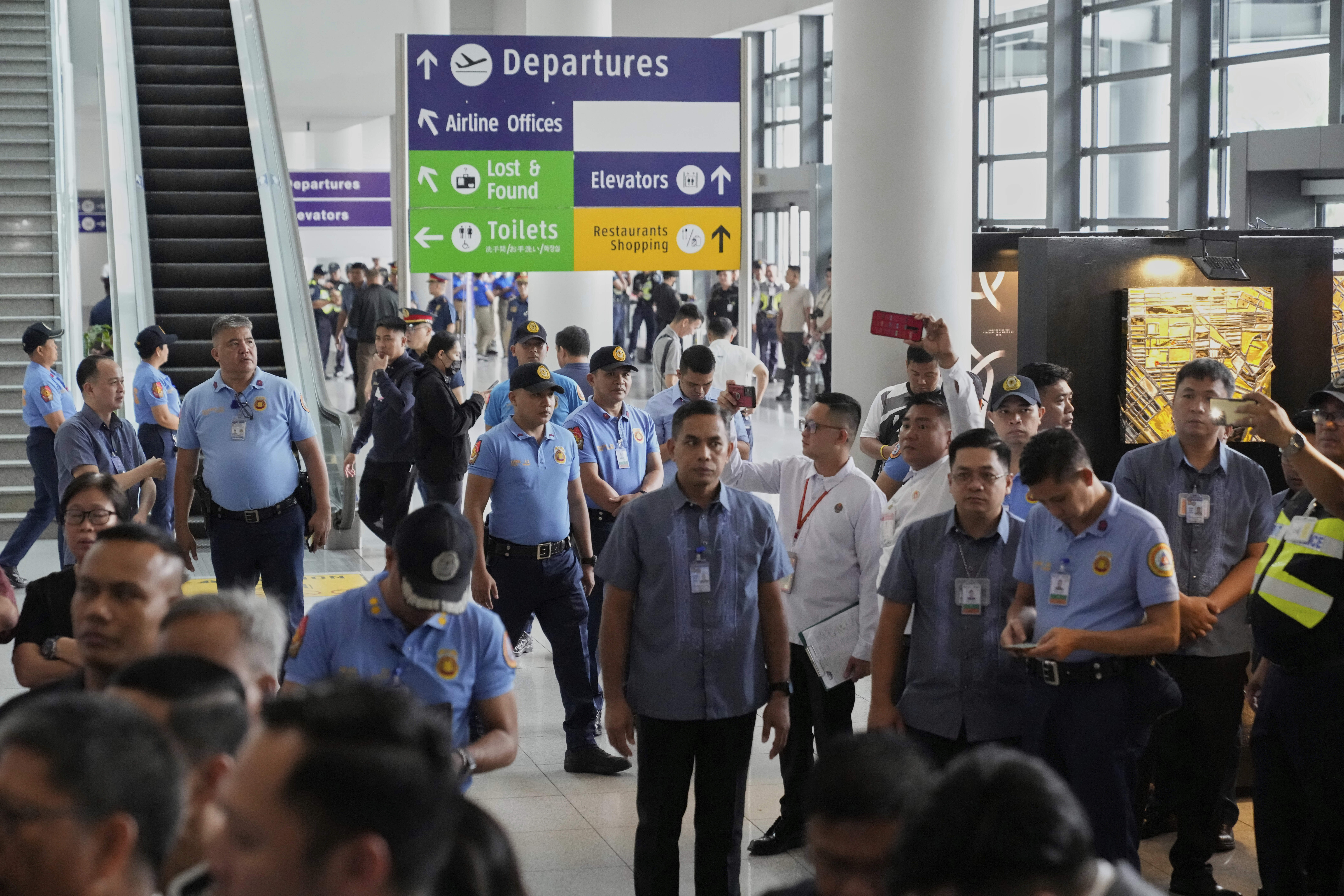
06 Nov, 2025
3 min read
ICC Unveils Charges Against Former Philippine President Duterte Over Alleged Crimes Against Humanity
The International Criminal Court (ICC) has formally presented a detailed, though partially redacted, indictment against former Philippine President Rodrigo Duterte, marking a pivotal moment in the country’s history and international justice efforts.
Duterte had long projected the image of a tough leader unafraid to use lethal force in safeguarding the nation. Now, the ICC is questioning whether his rhetoric and policies amount to systematic crimes against humanity.
According to the ICC’s summary of allegations, prosecutors contend that Duterte transformed law enforcement agencies into instruments of widespread killing. These accusations cover actions from his tenure as mayor of Davao City through his presidency, highlighting numerous documented incidents but emphasizing a broader, institutionalized scale of violence.
The charges are categorized into three main areas:
- A series of killings in Davao City from 2013 to 2016 linked to the infamous "Davao Death Squad."
- Targeted eliminations of so-called "high-value targets" nationwide during the first two years of Duterte’s presidency.
- A campaign involving murder and attempted murder during barangay "clearance operations" associated with the national drug war.
Prosecutors argue these acts were not isolated or unauthorized actions by police forces but were integral to an official policy explicitly crafted, endorsed, and maintained by Duterte.
The ICC portrayal depicts Duterte as the mastermind behind a coordinated "common plan" to eliminate suspected criminals through extrajudicial killings, utilizing a network of police, local officials, and hired assassins. The charges include allegations that Duterte personally supported hit squads, appointed loyal police officials, granted immunity to perpetrators, and publicly displayed "narco-list" charts to incite violence.
A chilling aspect of the indictment is that those who resisted these orders allegedly faced threats or were killed themselves, indicating a climate of enforced compliance within the system.
This high-profile legal development has significant political implications. Supporters of Duterte reject the ICC’s intervention as unwarranted foreign interference, while his detractors view it as overdue justice for thousands of marginalized victims who seldom received national attention.
Recently, Duterte’s defense team managed to secure a delay in the hearings, asserting that the 80-year-old former leader is medically unfit to undergo trial. However, the ICC granted only a brief postponement, reaffirming its commitment to proceed.
The case now presents the Philippines with a critical juncture: to embrace international accountability or to resist under assertions of sovereignty and national pride.
For many families affected by the drug war’s violence, the outcome represents a quest for truth and justice beyond political rhetoric. For Duterte, it marks a confrontation with the legacy of a regime deeply entwined with fear and state-sanctioned violence.
The ICC’s charges signify the opening of a consequential chapter wherein long-standing impunity may face international legal scrutiny and potential consequences.
Recommended For You
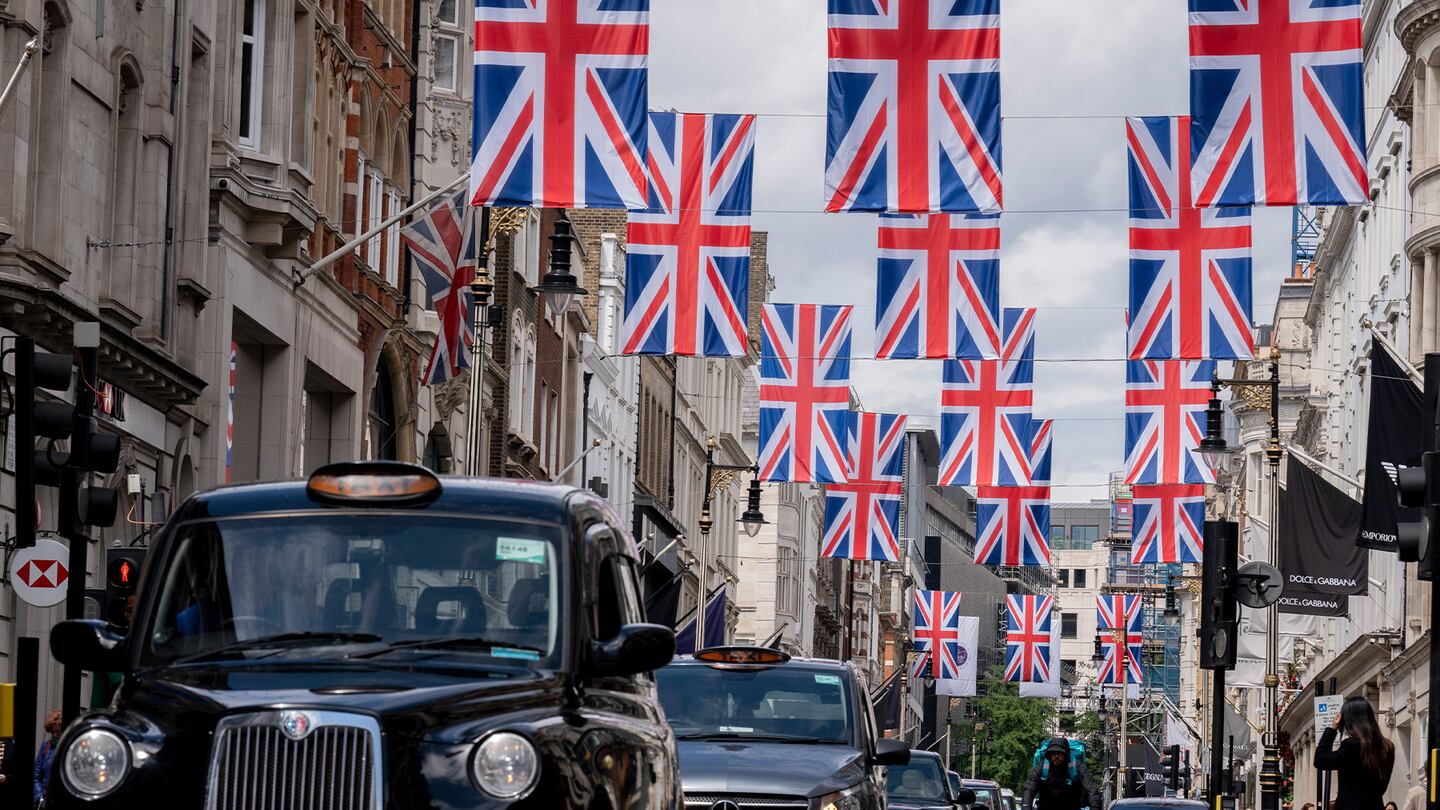
Bernard Arnault Sparks Controversy with Criticism of Wealth Tax Advocate Gabriel Zucman
Nov 06, 2025
Tino Salonga
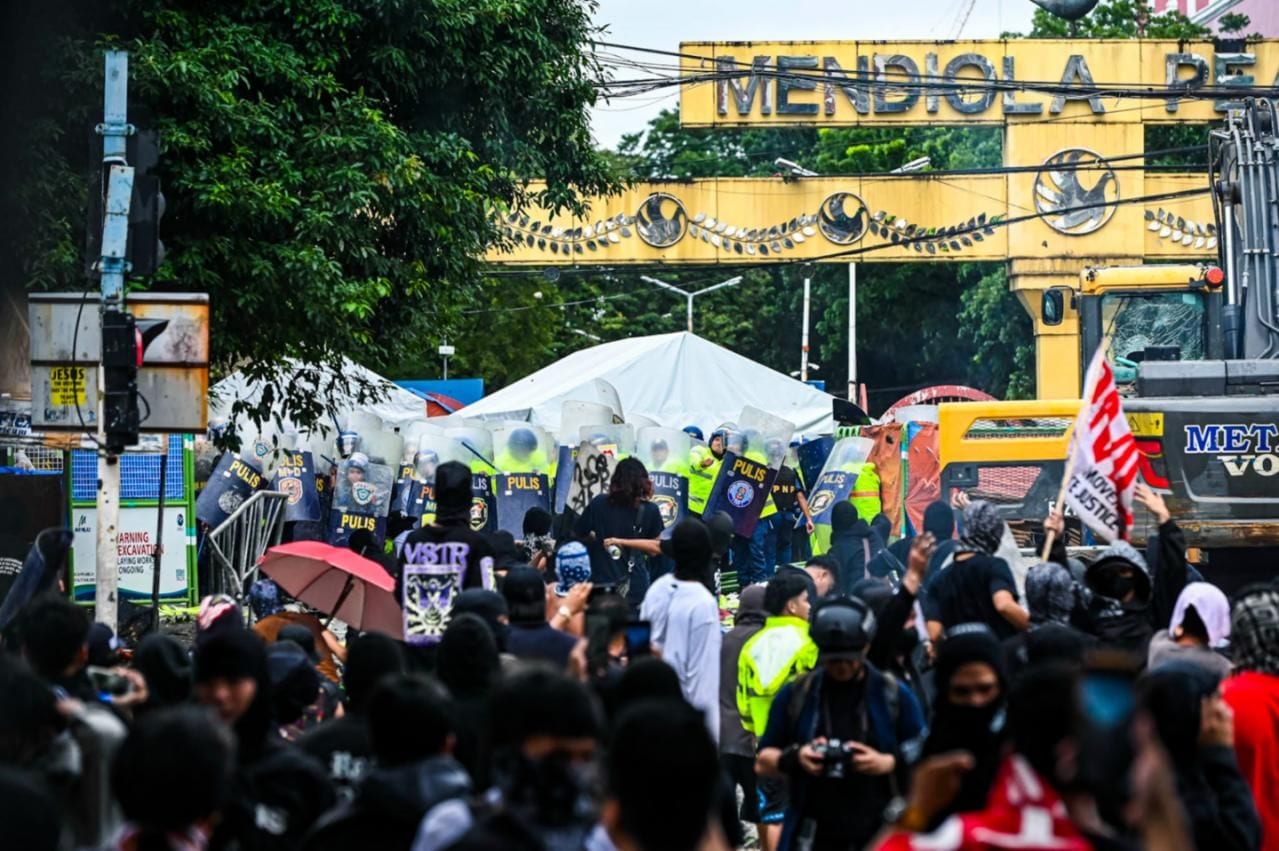
Fatal Stabbing Amid Manila Protest Leads to One Death at JRRMMC
Nov 06, 2025
Eusebio Alcaraz
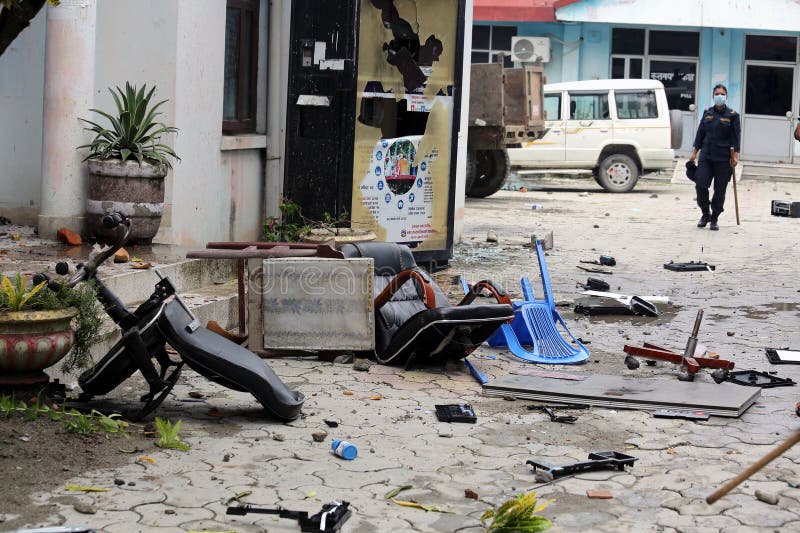
Nepal Forms Panel to Probe Deadly Anti-Corruption Protest Violence
Nov 06, 2025
Caridad Pingol
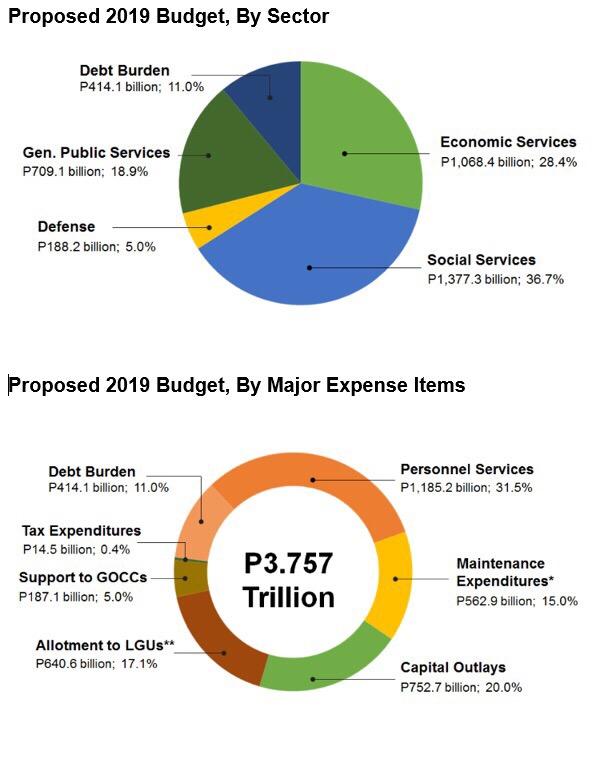
Ateneo Report Highlights Surge in Budget for Philippine Executive and Legislative Offices Since 2016
Nov 06, 2025
Eusebio Alcaraz
